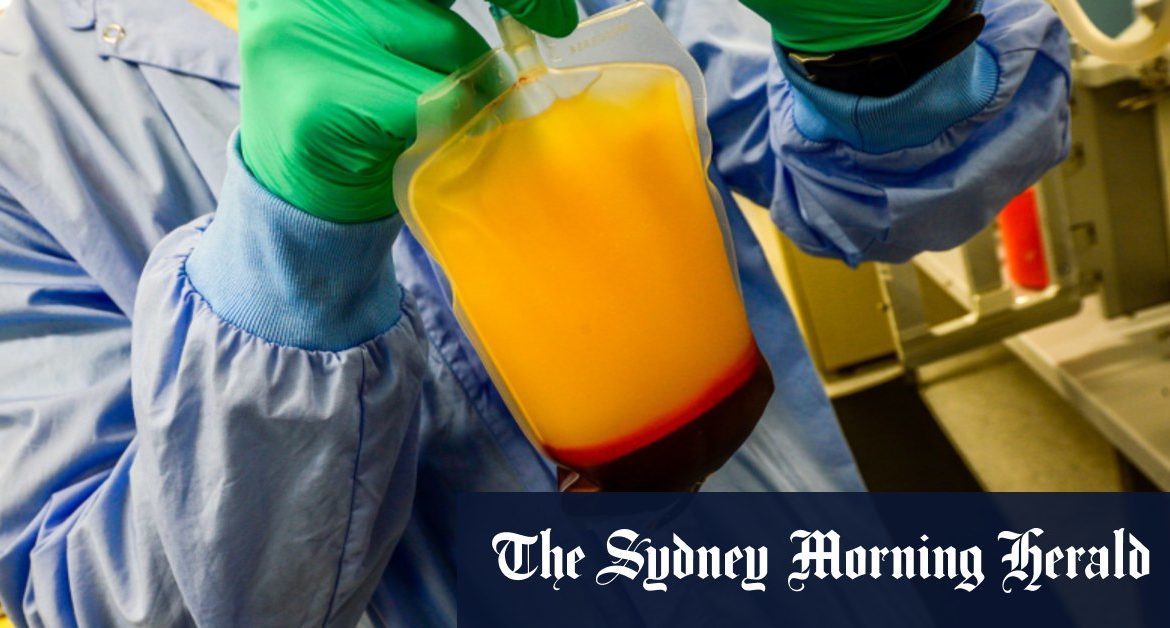The new scheme will allow anyone to donate if they have only one sexual partner and have been with that partner for more than three months. All men who have had oral-only sex will be allowed to donate regardless of when that activity occurred.
The UK ended a lifetime ban on gay donors in 2011 and replaced it with a requirement to abstain for sex for the previous 12 months. That was reduced to three months in 2017.
There are plans to lower the limit in Australia from 12 months to three months, however, the change is yet to be implemented.
Just-Equal spokesman and gay rights campaigner Rodney Croome said Australia was now two steps behind the UK.
“The science is clear that screening donors on the basis of the safety of their sexual activity rather than the gender of their sexual partner will increase the safety of the blood supply and ensure more blood is collected,” he said.
“We call on Australian blood collection authorities to move to a new policy of individual screening.”
Experts have long argued that the bans are not based on scientific evidence and add to the false belief that gay men are a risk to people’s health.
“The new UK policy will mean that country’s blood supply is safer, more plentiful and less discriminatory,” Croome said.
Under the UK changes, all donors will complete the same health check before donation – regardless of gender or sexuality – in a recognition that heterosexual men and women also have the potential to carry infections.
Men who have sex with men will no longer be asked to declare if they have had sex with another man or their sexuality, making blood donation gender neutral and more inclusive, the government said.
People who have had chemsex in the past three months or have been treated for syphilis in the past 12 months will be unable to donate.
Loading
Ethan Spibey, the founder of the FreedomToDonate group, which has been campaigning to end discrimination against gay blood donors, welcomed the announcement.
“This means the UK has one of the world’s most progressive blood donation policies and more people than ever will be able to safely donate for those who need it.”
The UK government said the chance of an unsuitable blood donation being used in patient care is less than one-in-a-million.
For every 100 women who gave blood in the UK last year, only 70 men did the same and only 41 per cent of new donors were men.
The National Health Service in January said it needed 68,000 men to give blood in 2020 – up from the 54,000 in 2019.
Bevan Shields is the Europe correspondent for The Sydney Morning Herald and The Age.
Most Viewed in World
Loading







